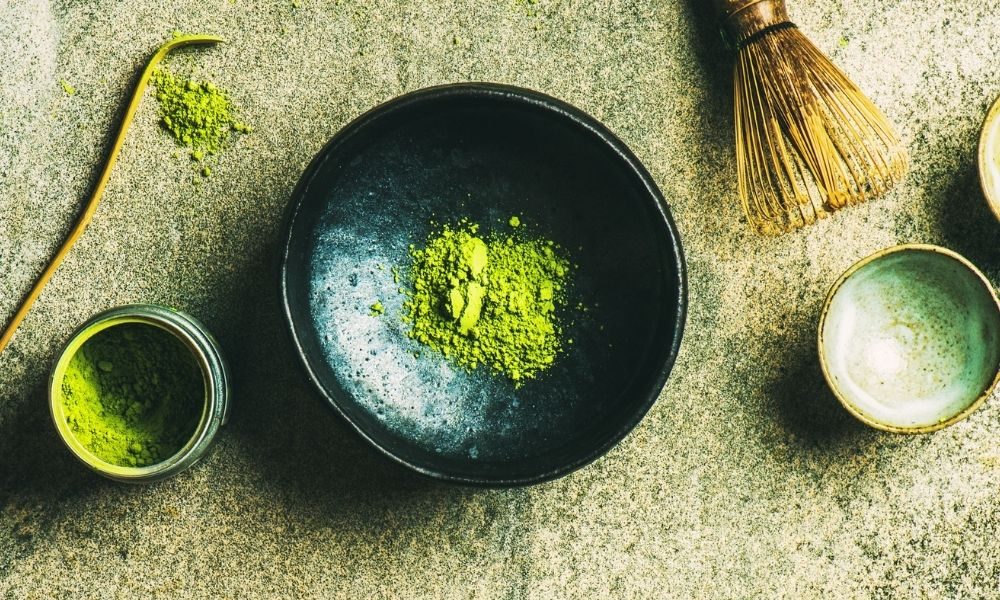In today’s global context, sustainability has emerged as a pressing priority. The Japanese concept of Mottainai provides a valuable cultural perspective on environmental preservation. Mottainai goes beyond mere waste reduction, presenting a holistic philosophy for coexisting with nature. The Japanese people’s culture deeply roots this sustainability system.
With its resonance with the imperative of sustainable living, Mottainai illustrates how cultural insights can significantly contribute to addressing environmental issues. As we explore the essence of Mottainai, we uncover the depth of Japanese philosophers in promoting a sustainable world. Further prompting us to reconsider our relationship with the everyday materials we handle.
Understanding The ‘Mottainai’ Concept

At its core, Mottainai is a term that signifies a deep sense of regret over waste, yet its implications stretch far beyond. Buddhist beliefs state that everything has value and people should treat it with respect and care. This includes showing deep respect for both the physical and spiritual worlds.
The Japanese philosophy of waste encourages us to see the value in objects that may not be obvious. It also prompts us to understand the history and significance of each item. Additionally, it challenges us to reconsider our throwaway culture.
Japan Mottainai is a guiding principle in Japan’s sustainability culture that influences daily practices like conserving resources and repurposing materials. It espouses the principles of reducing, reusing, recycling, and respecting—each acting as a compass guiding individuals towards more thoughtful consumption and conservation practices.
In the backdrop of today’s environmental crises, Mottainai’s message is more relevant than ever. It encourages us to live more sustainably. Additionally, this call to action transcends cultural and land based differences.
By embracing Mottainai, we can appreciate our resources more and promote sustainable consumption. Moreover, this mindset honors the Earth’s limited gifts. It encourages us to use resources wisely and be grateful for what we have. Especially, if this can help create a cycle of consumption that benefits the environment.
Mottainai in Modern Japan

In modern Japan, the spirit of Mottainai is witnessing a resurgence, permeating various sectors with innovative practices aimed at sustainability. Eventually, Mottainai is changing how Japanese people use and make things. They are reducing waste at home and making products that last longer. You can also recycle these products.
One great example is the rise of zero-waste towns. In these towns, communities work together to follow the principles of Mottainai. Similarly, this helps greatly reduce landfill waste.
These initiatives demonstrate the ease of sustainable living, offering a blueprint for other societies to emulate. Conversely, businesses are increasingly using Mottainai-inspired approaches. These include sustainable packaging and products that consider their entire lifecycle. The goal is to minimize environmental impact.
Furthermore, the Japanese government is increasingly aligning with Mottainai principles by promoting recycling programs and supporting community-led sustainability projects. These efforts demonstrate the importance of the Mottainai ethos, which focuses on conservation and respect for resources. These efforts show how important the Mottainai ethos is.
Despite the ethos emphasizes conservation and respect for resources. This practice goes beyond personal or cultural beliefs, as it can impact policies and societal norms. This approach can lead to greater sustainability.
The Japanese concept of Mottainai teaches us to care for the environment. It uses traditional wisdom to inspire modern efforts for a sustainable world. Mottainai promotes sustainability through reducing, reusing, recycling, and respecting. In addition, it encourages us to be mindful of our environmental impact and adopt more sustainable living practices.
Global Relevance and Impact
The concept of Mottainai originates from Buddhist beliefs and traditional Japanese wisdom. Now, people recognize it as a symbol of sustainability and it has gained global popularity.
Environmental groups and famous people worldwide support the Japanese term expressing deep regret for waste. Many people widely use the term and recognize its significance. Hence, Mottainai combines Japanese traditions with the global focus on sustainability. This makes it a significant principle for environmental initiatives worldwide.
Globally, Mottainai has inspired diverse initiatives, from combating single-use plastic to promoting sustainable agricultural practices. Its ethos resonates across continents, influencing projects that prioritize resource conservation and wastefulness mottainai. Global communities are adopting Mottainai as a long-term solution for environmental challenges. This bridges Japanese proverbs with western philosophy to promote collective responsibility towards the planet.
Challenges and Criticisms
Transitioning to a global scale, the propagation of Mottainai principles encounters significant hurdles. Importantly cultural distinctions, financial limitations, and ingrained consumer behaviors obstruct its widespread adoption. These challenges underscore the difficulty of transferring a concept entrenched in Japanese word culture into various global settings.
Moreover, while Mottainai promotes individual and communal efforts, it may not adequately confront the systemic factors fueling environmental decline. Though emphasizing personal accountability holds merit, there’s a burgeoning acknowledgment of the necessity to address broader structural issues. This suggests a potential avenue for Mottainai’s advancement into a more comprehensive framework.
Actionable Steps Towards Sustainability
Embracing Mottainai in everyday life is both simple and profound. Start by reducing waste, reusing and recycling materials, and valuing what you have. Small actions, like refusing single-use plastic and repairing instead of discarding items, align with the Mottainai philosophy. Drawing on the Japanese language, consider the lifecycle of products, choosing sustainable options that contribute to a healthier planet.
Community efforts amplify Mottainai’s impact. Organize local clean-up days, participate in recycling programs, and share resources within your community. These collective actions, inspired by modern Japanese and traditional Japanese practices, not only reduce waste but also strengthen community bonds and awareness around sustainability.
Mottainai transcends its roots, providing a universal approach to tackling our global environmental issues. By embracing both traditional Japanese wisdom and contemporary Japanese innovations, we can actively move towards a more sustainable and respectful relationship with our planet.
A Call to Sustainable Action

We have delved into the concept of Mottainai and found that its importance extends beyond Japan to a global level. Especially, the concept of Mottainai holds deep meaning. It serves as a guiding principle for many people.
Both philosophers and the government strongly support this philosophy as a solution to the issue of waste in society. Many people widely endorse this philosophy and it has gained significant traction in addressing the problem of waste.
The support from both philosophers and the government has been crucial in implementing effective solutions. Mottainai comes from Buddhist philosophy and has a long history in Japan. Ancient Japanese society widely used it, demonstrating its meaningfulness and importance as a concept.
Importantly, Initiatives addressing contemporary issues have smoothly integrated its principles. These issues include gender equality and environmental degradation. This demonstrates the relevance of the principles in today’s world.
As we’ve seen, the application of Mottainai extends far beyond Japan, influencing global efforts towards creating a sustainable future. While It encourages us to reconsider our consumption habits, respect the resources we have, and reduce our environmental footprint.
The idea is simple and easy to use, making it useful in many different situations around the world. It can help with things such as, less usage of plastic waste and supporting policies that align with its values.
Mottainai encourages us to live sustainably by respecting, conserving, and being mindful. We can make the world better by using Mottainai practices in our daily lives. These practices further promote sustainability, fairness, and respect. By inspiring others to do the same, we can create a more sustainable, fair, and respectful world.
Let us use this inspiration from Japanese culture to make a positive impact on our planet and its future.










